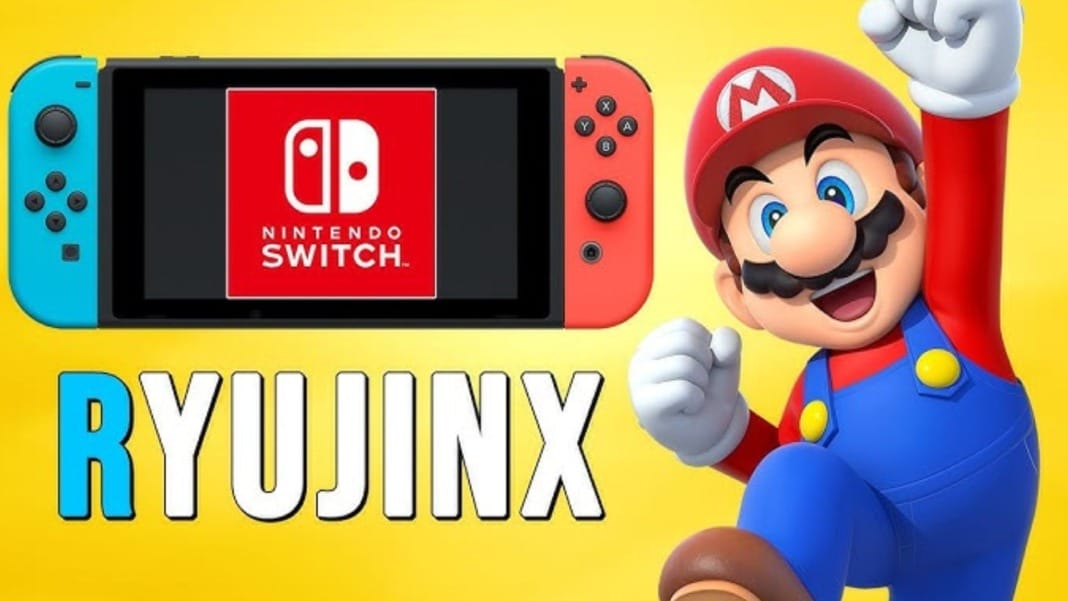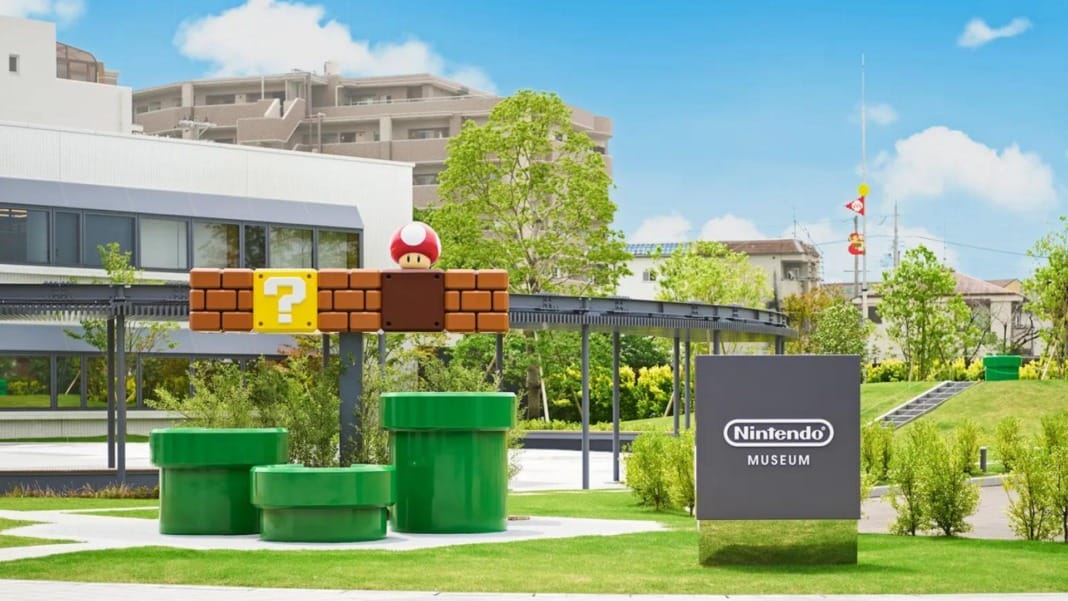Nintendo has successfully taken down Ryujinx, one of the most popular Nintendo Switch emulators, following the shutdown of Yuzu earlier this year. In March, Nintendo filed a lawsuit against Yuzu, effectively forcing it out of existence. It seems Ryujinx, Yuzu’s main competitor, has faced a similar fate.
The Ryujinx download page has been wiped clean, and its GitHub repository is no longer accessible. The official Ryujinx Discord server and its X (formerly Twitter) account have explained: Nintendo seems to have contacted the emulator’s lead developer and convinced them to shut the project down.
— Ryujinx (@RyujinxEmu) October 1, 2024
Lead developer contacted by Nintendo
In a Discord post, Ryujinx developer and moderator Ripinperiperi revealed that Nintendo approached the project’s lead developer, gdkchan, with an offer to cease development. The agreement involved halting work on Ryujinx, removing its online presence, and eliminating all related assets under the developer’s control.
“Yesterday, gdkchan was contacted by Nintendo and offered an agreement to stop working on the project, remove the organisation, and all related assets he’s in control of,” wrote Ripinperiperi. “While awaiting confirmation on whether he would take this agreement, the organisation has been removed, so I think it’s safe to say what the outcome is.”
This message serves as a farewell to the project. It includes a pair of videos showcasing Ryujinx’s progress in bringing the emulator to iOS and Android. Unfortunately, these advancements will never see the light of day.
Legal pressure from Nintendo
Nintendo has not confirmed whether it made a deal with gdkchan. When questioned, a Nintendo spokesperson redirected inquiries to Aubrey Quinn, the head of public affairs at the Entertainment Software Association, who stated that she was unable to comment on behalf of the company.
Ryujinx was once considered relatively untouchable compared to Yuzu, with rumours suggesting that gdkchan was based in Brazil, a country known for its more emulation-friendly laws. Despite this, there have been no confirmed lawsuits against Ryujinx, nor has Nintendo taken action against its Discord server or filed a DMCA takedown for its GitHub repository.
While emulation is broadly legal, companies like Nintendo often exploit legal loopholes, filing lawsuits that small indie developers can’t afford to fight. They can also file DMCA requests or pressure platforms like GitHub and Discord to remove content, making it difficult for emulator developers to maintain their projects.
Nintendo’s legal strategies often aim to protect its intellectual property, and the company has been known to file copyright claims to prevent piracy. Some legal experts believe that Nintendo could succeed in court not because emulators are illegal but due to the Switch’s copy protection mechanisms. This argument hinges on the idea that some modern emulators may facilitate piracy.
Ryujinx’s recent success may have triggered action
Ryujinx had recently gained attention for outperforming the Nintendo Switch itself. The emulator could run newly released titles, such as The Legend of Zelda: Echoes of Wisdom, on PC at smoother framerates than the actual console, which likely didn’t go unnoticed by Nintendo.
Nintendo’s legal activity doesn’t seem to be slowing down. Over the weekend, popular YouTuber RetroGameCorps revealed that the company had filed multiple copyright strikes against his channel, which showcases Nintendo games like Zelda Wind Waker HD running on different hardware. With his channel now at risk of deletion, RetroGameCorps has announced that he will no longer feature Nintendo games in his content.
Hey everyone, this is Russ from Retro Game Corps. I have to change the way I make videos.
byu/onionsaregross inSBCGaming
Although the official Ryujinx project appears to be over, it might not be the end just yet. Distributed development groups like these sometimes find ways to continue by forking the project or spreading it across the web. Whether gdkchan will respond or Ryujinx’s code will live on through future emulators remains to be seen.
Meanwhile, Yuzu’s offshoot, Suyu, continues to be available through its self-hosted servers, hinting that some emulation projects may persist even in the face of legal action.





